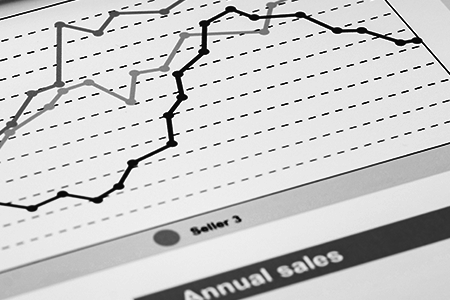
Timing is(n’t) everything
“Stocks have reached what looks like a permanently high plateau.” – Irving Fisher, (economist), 3 days before the 1929 market crash. We have covered this subject before (here, and in our Quarterly Review of Q2 2015), but it is always worth returning to, as Investors appear unable to shake off the conviction that they can “beat” the market. Passive inflows (and Active outflows) suggest the tide is turning, but as all politicians feel obliged to say nowadays, there is still much to do. It is gratifying to know that the ranks of Index investors are rising (through EBI, but others too), and that we are no longer the geeks at the party that no-one wants to talk to.












